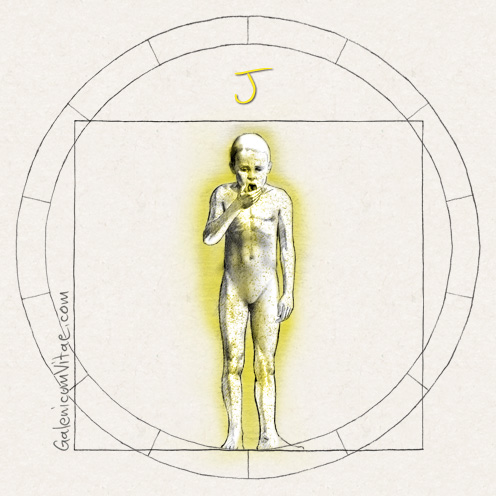Rubella is a contagious infection that is presented with a rash and can be preceded by a period of one to five days with a fever, headache or conjunctivitis.
Risk factors. Rubella is mild and affects more children than adults. Children may notice fewer symptoms, while adults may experience fever, muscle and joint pain, headaches, general illness and a runny nose before the onset of the rash. In pregnant women, it is dangerous to the foetus from conception to the first six months of pregnancy as the foetus can suffer congenital rubella syndrome.
Treatment. Paracetamol to reduce fever and antihistamine lotions for itching. Get vaccinated for prevention.
Rubella is an illness with symptoms similar to the flu and is followed by a rash. Common symptoms include:
- Low fever.
- Headache.
- Runny nose.
- Red eyes.
- Muscle or joint pain.
Rubella is usually mild. You may get it and do not have symptoms. However, adults with rubella often feel worse than children. The biggest danger of rubella is when it occurs during the first 20 weeks of pregnancy. The woman can lose the baby or the virus can cause problems for the foetus. These problems may include cataracts, deafness or heart or brain damage.
Rubella is caused by a virus. It can spread from person to person through the air or by close contact with a sick person. There is no treatment for rubella, but the measles-mumps-rubella (MMR) vaccine can prevent it.
The patient should stay at rest and be isolated until rubella goes away. Staying in a moist environment that allows you breathe and cough better is recommended. Sufferers should drink plenty of fluids to help lung secretion. Antibiotics are not effective (the infection is viral) unless there are complications (pneumonia, middle ear infections, etc.).
Complications
- Secondary infections of the respiratory tract and ears.
- Pneumonia.
- Encephalitis or meningitis.
Rubella, as in measles, mumps, whooping cough and tetanus, is a communicable disease and its transmission can be prevented by the administration of vaccines on a systematic immunization schedule.
For more information visit:
Rubella
http://www.vaccines.gov/diseases/rubella/
Rubella (German measles)
http://www.immunise.health.gov.au/internet/immunise/publishing.nsf/Content/immunise-rubella

 Digestive
Digestive  Blood
Blood Cardiovascular
Cardiovascular Dermatology
Dermatology Genitourinary,
Genitourinary, Hormones
Hormones Infections
Infections Oncology and
Oncology and Musculo-skeletal
Musculo-skeletal Mental health and
Mental health and Parasites
Parasites Respiratory
Respiratory Senses
Senses Various
Various




